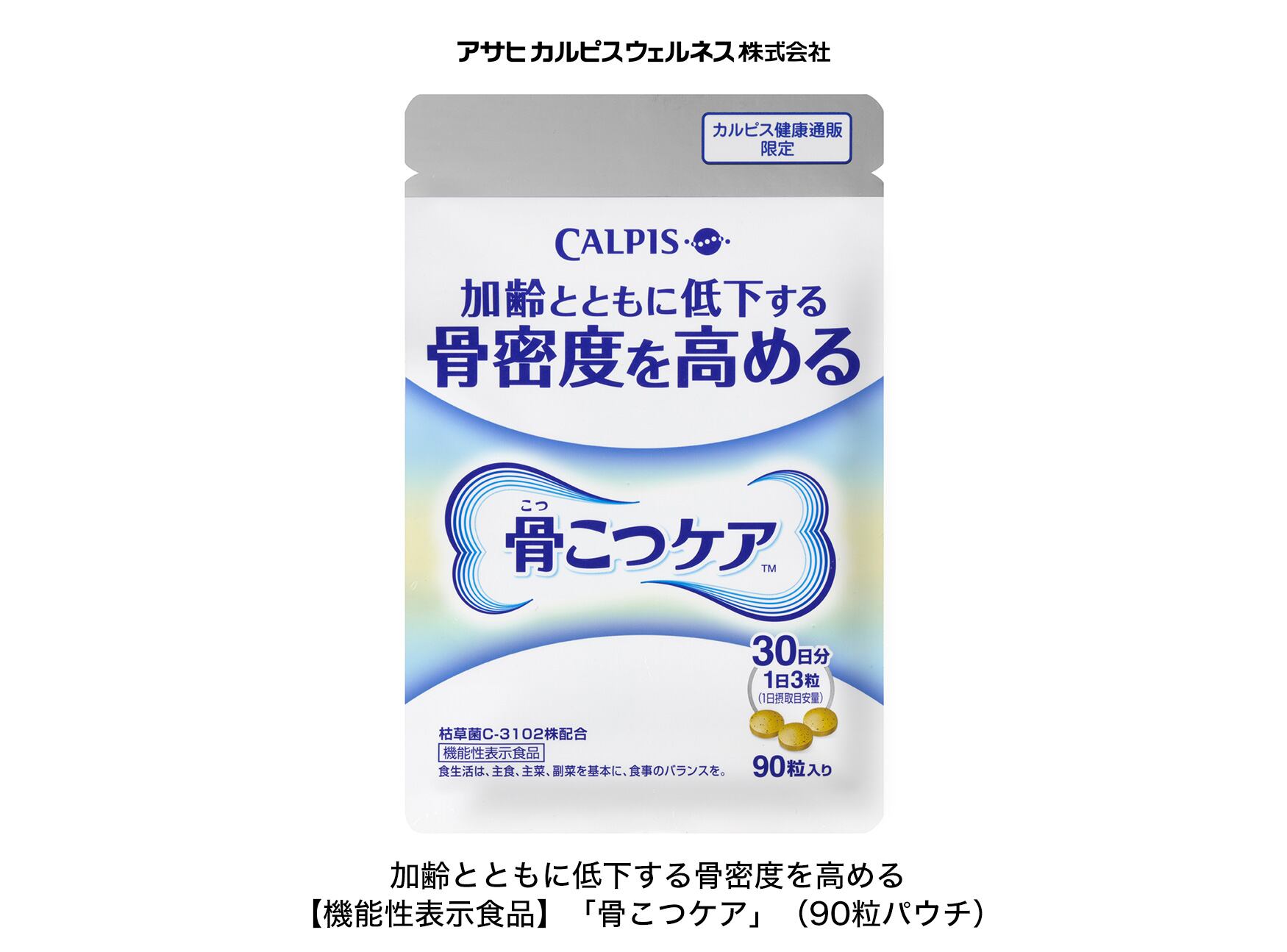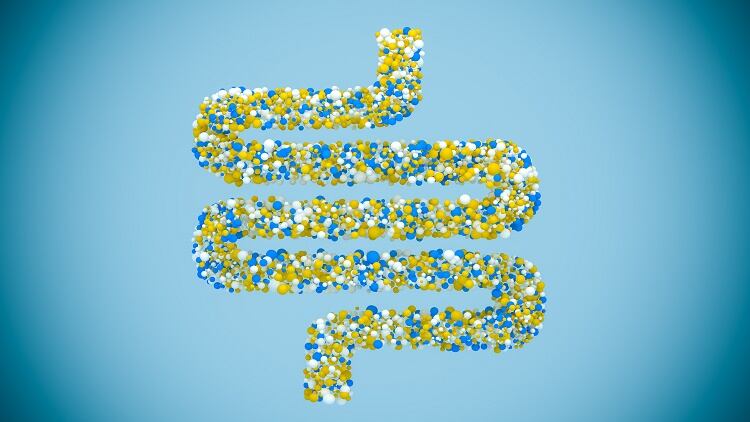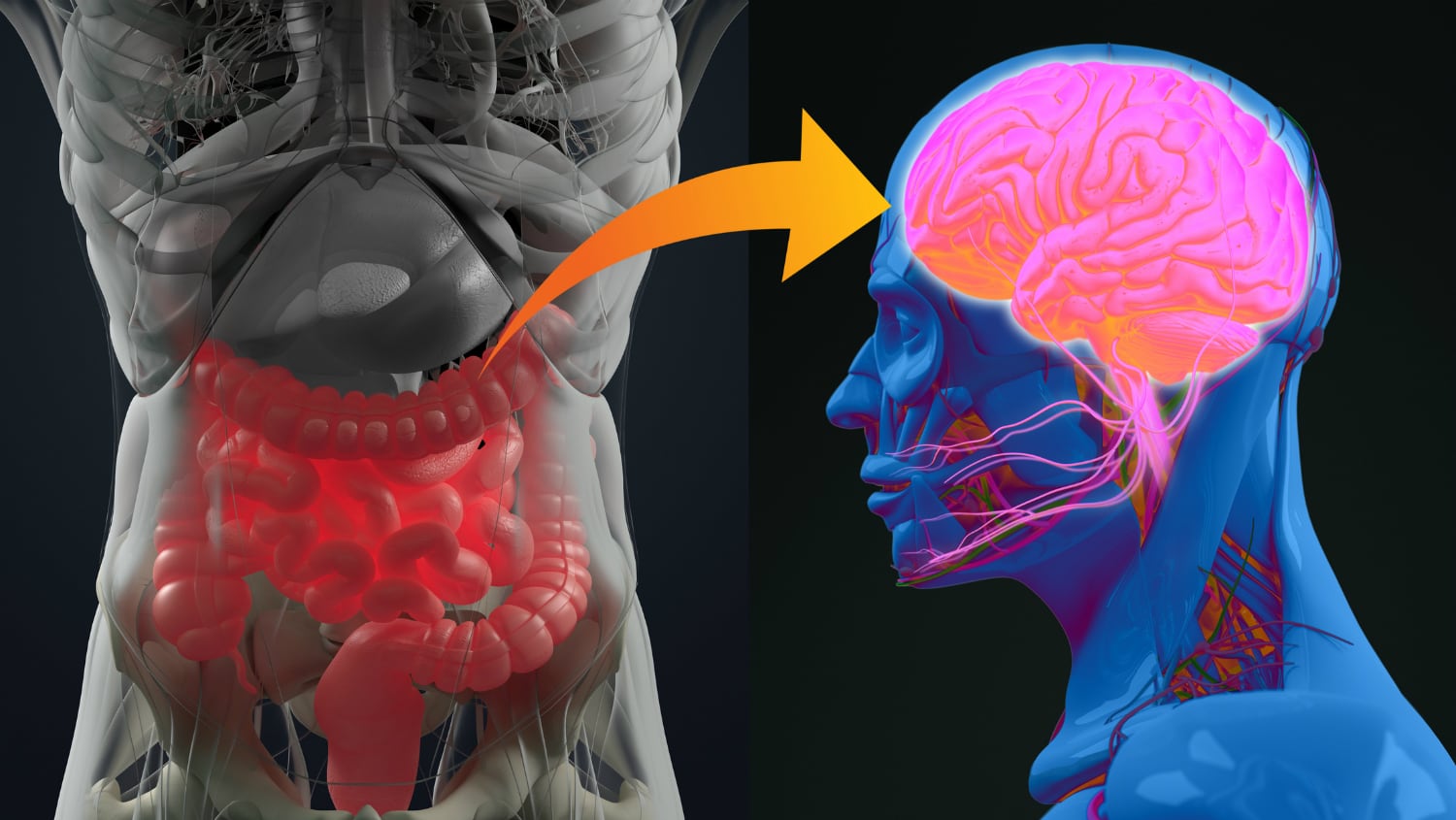The new product is said to be the first Foods with Functional Claims (FFC) that provides this particular function in Japan.
Targeted at the elderly consumer group, the product contains 3.4bn units of probiotic strain Bacillus subtilis C-3102 as the functional component, as it found out that there might be a link between intestinal bacteria and bone metabolism.
In particular, Bacillus subtilis C-3102 increases bone density by increasing the number of good bacteria, thereby suppressing the activity of osteoclasts – cells which break down bone, leading to resorption and weakening.
“Bones are constantly being remodelled by the "osteoblasts" that make bones and the "osteoclasts" that break bones, and this is called bone metabolism. Intestinal bacteria and bone metabolism are related, and it has been reported that when good bacteria increase, the function of "osteoclasts" that break down bones is suppressed and they work in the direction of increasing bone density,” the firm said.
Containing 90 tablets, each pouch is available in the market at JPY$4,860 (USD$45) since this month. The daily recommended intake is three tablets per day.
Consumer trial
The firm conducted a clinical trial with healthy postmenopausal women and found that C-3102 improves bone mineral density (BMD) by inhibiting bone resorption and modulating gut microbiota.
In the trial, 61 postmenopausal Japanese women were treated with a placebo or C-3102 spore-containing tablets for 24 weeks.
BMD was measured at the lumbar spine (L2–L4) and the left hip using dual-energy X-ray absorptiometry. Measurements were assessed at the first visit to the hospital and at 24 weeks of the trial.
It was observed that the percent difference in total hip BMD (percent change of BMD in the C-3102 group minus that in the placebo group) at 24 weeks of treatment was 1.70%.
The researchers explained that C-3102 inhibited bone resorption by suppressing osteoclast activity, as the C-3102 group showed nearly 20% lesser of urinary type I collagen cross-linked N-telopeptide (uNTx) – a marker of bone resorption than the placebo group at 12 weeks of treatment.
In addition, there was about 5% decrease in the bone resorption marker tartrate-resistant acid phosphatase isoform 5b (TRACP-5b) in the C-3102 group when compared with the placebo group with 12 weeks of treatment.
As a result, the researchers concluded that C-3102 is “considered to be useful in preventing bone loss in postmenopausal women.”
Source: Bioscience of Microbiota, Food, and Health
Effect of Bacillus subtilis C-3102 on bone mineral density in healthy postmenopausal Japanese women: a randomized, placebo-controlled, double-blind clinical trial
https://www.ncbi.nlm.nih.gov/pmc/articles/PMC6200670/
Authors: Takuou Takimoto, et al





